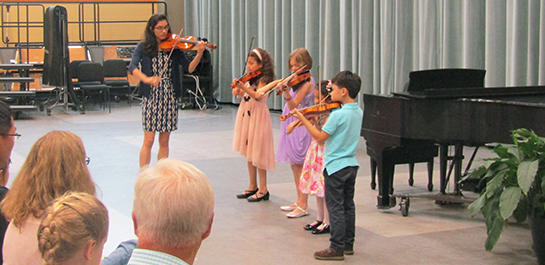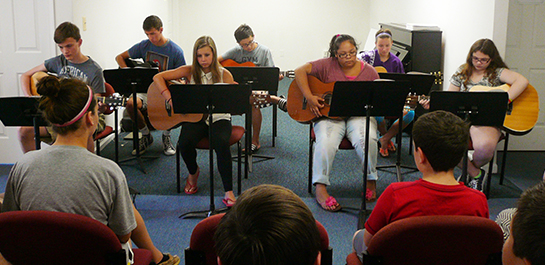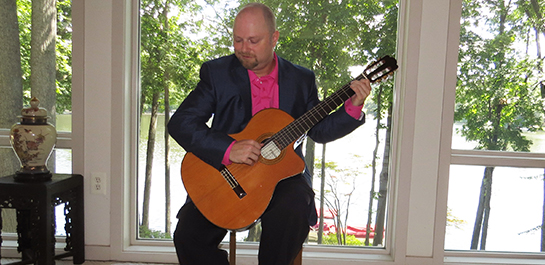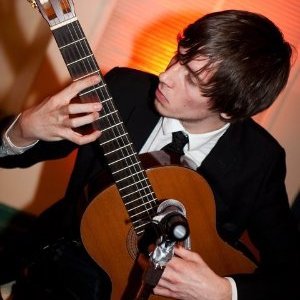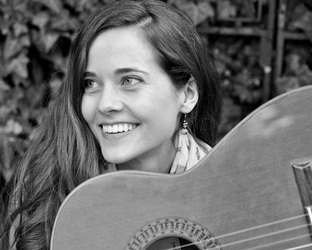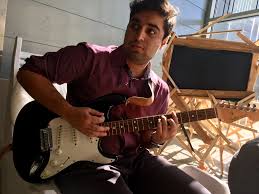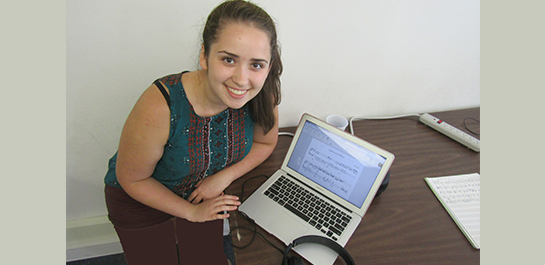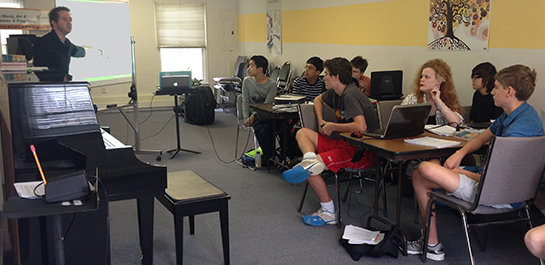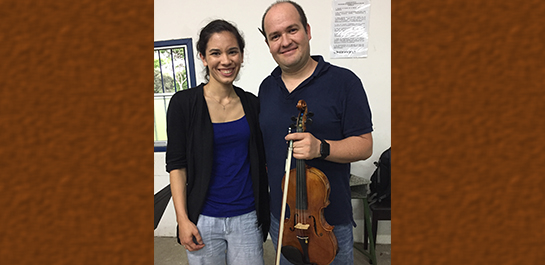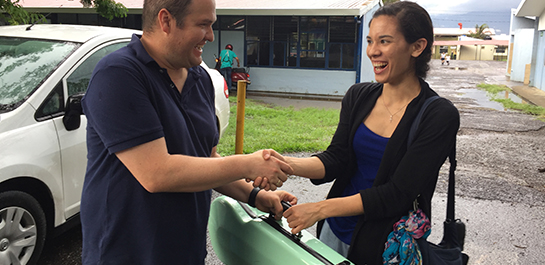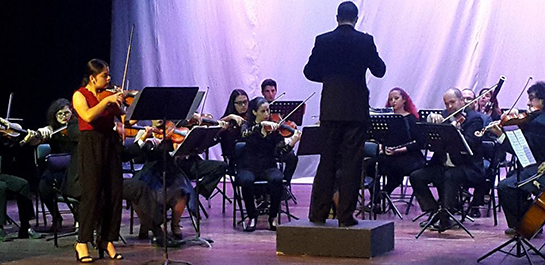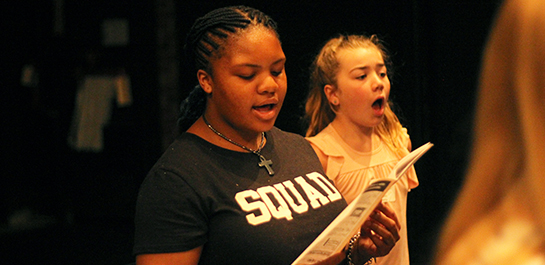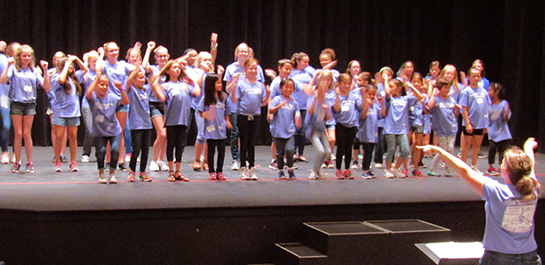Our Spring 2018 Student Recital & Showcase Weekend celebration is coming up on Saturday, June 2nd and Sunday, June 3rd, which includes several music recitals and theater performances showcasing our Academy students of all ages. Come enjoy a fun and free weekend of the arts on the Mason Fairfax Campus!
MUSIC RECITALS
Due to our large number of Music students, we break up performances into hour-long (approximately) Music Recitals that are presented throughout the weekend. All performances are FREE and open to the public.
[one_half]Saturday, June 210:00 AM (designated for ages “8 and under”)
11:00 AM
12:30 PM
2:00 PM
3:30 PM
[/one_half] [one_half]Sunday, June 3
12:00 Noon (designated for ages “8 and under”)
1:00 PM
2:30 PM
4:00 PM
5:30 PM
[one_half_last]
A light reception with follow each recital. Come and enjoy some great music from performers of all ages and instruments!
PARKING: On Saturday and Sunday, you can park in Parking Lot K for free. It is about a 5-10 minute walk to the Performing Arts Building (note: NOT the Center for the Arts). You can also park in the Mason Pond Parking Deck for $8, right next to the Performing Arts Building.
DIRECTIONS TO CAMPUS
FOR OUR ACADEMY MUSIC STUDENTS/ FAMILIES:
READ OUR HELPFUL GUIDE TO A SUCCESSFUL RECITAL EXPERIENCE
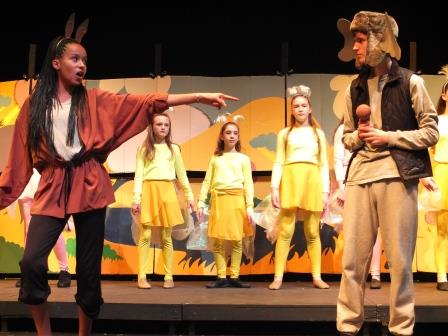
THEATER SHOWCASES
Our Acting students who study with Acting For Young People will present several performances throughout the weekend in TheaterSpace (lower level of the de Laski Performing Arts Building). There may be a nominal ticket price depending on which show you choose to attend.
SEE ACTING FOR YOUNG PEOPLE WEBSITE FOR MORE DETAILS
As we say, ENJOY THE SHOW!!

